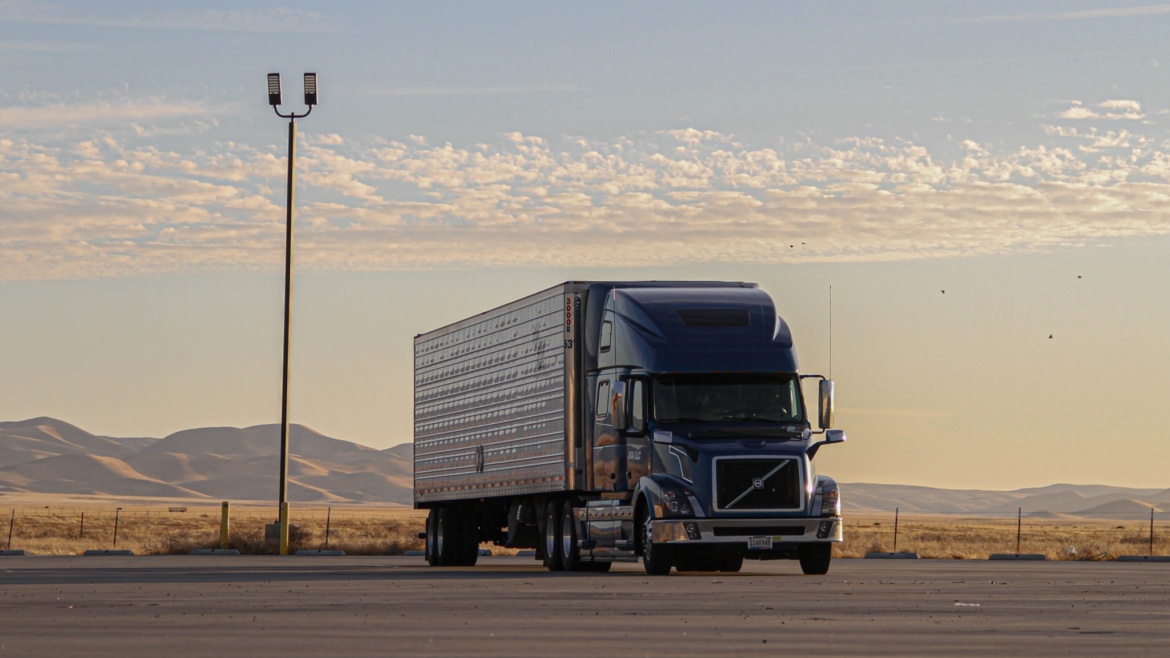e. Broker Liability
Much motor truck litigation in the U.S. centers around the question of whether the party the shipper is claiming against is a carrier or a broker. A broker sells or arranges for transportation by motor carrier, as opposed to itself standing as the motor carrier. However, an entity that holds itself out as a carrier can still be liable as a carrier even if it does not physically carry the cargo, and subcontracts its carrier obligations to others. Thus, the distinction between a carrier and broker is often a difficult and much-contested issue. Carmack does not provide for claims against a broker, and thus if an entity is held to be a broker, it will be subject to liability under state law claims, which are typically much narrower and less favorable to shippers vis-à-vis brokers.
f. Carmack Amendment Waivers
Under relatively recent changes to the law, shippers and carriers are now able to waive out of Carmack by express written agreement. In such cases, the written contracts between shippers and carriers, as well as state law, govern liability. However, the large majority of motor truck cargo cases remain under the Carmack regime. Nonetheless, it is critical to determine whether a U.S. motor truck cargo claim is subject to a contract containing a Carmack waiver, as the waiver may provide for shorter claim and suit time deadlines than Carmack allows.


